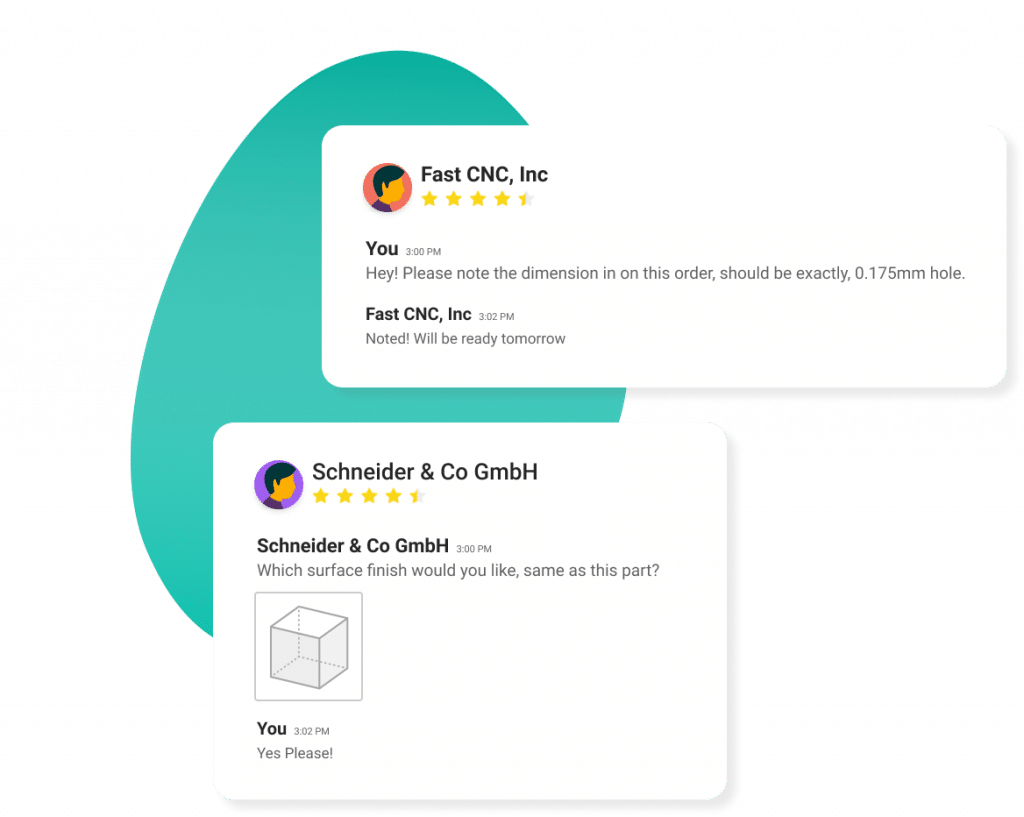The three pillars of the procurement process are purchasing, contract management, and supplier management.
While purchasing and contract management might have more obvious upfront benefits, neglecting the significant benefits offered by effective supplier management can lead to issues in effective procurement. Think of it like trying to sit on a three-legged stool where one of the legs is far too short.
To avoid such imbalances in your procurement procedure, we’ve put together this brief, but detailed, guide to supplier relationship management.
What is Supplier Relationship Management?
Supplier relationship management (SRM) is the process where an organization assesses the potential contribution of a given supplier to the success of that organization’s aims.
As a result, SRM allows businesses to identify and incept tactics that allow them to optimize a supplier’s performance and create strategic and holistic workflows that put those tactics into practice.
In short, supplier relationship management allows you to make the best of your supply chain.
The Supplier Management Process
The five basic steps of supplier management process are:
1. Qualification
At this stage, the business evaluates the potential supplier to determine if they are able to provide the necessary goods or services to a quality and time frame that suits the business’s needs.
2. Onboarding
Next, the supplier’s details need to be collected and entered into the organization’s internal systems.
From there, the internal procurement process needs to be updated to allow the company to start trading with its new supplier.
3. Classification
The classification process allows the company to place suppliers into specific categories based on internal metrics. That might include, but are not limited to: supply risk, the criticality of the supplied goods or services, and the total amount of procurement spend.
4. Collaboration
One of the most commonly overlooked sections of the supplier management process is collaborating with suppliers. In an effort to streamline the supply chain and procurement process.
Close collaboration with suppliers ensures greater visibility over the total supply chain. It also allows for cost savings due to greater efficiencies.
Collaboration with suppliers also allows both your organization and the members of your supply chain to pull in the same direction. Thus, reducing the chances of mistakes and miscommunication.
5. Evaluation
The final stage of the supplier management process is evaluating the performance of a given supplier, both in terms of their ability to fulfill their contractual obligations and using metrics. Metrics include price competitiveness, lead-in times, delivery time dreams, and product quality.
Another important metric to take into account is their willingness to collaborate to make improvements in the procurement process.
While it is important that your company puts the required effort into SRM, it should always be a two-way street between you and your suppliers.

Jerry S.

Mechanical Engineer
"The holy grail of good speed, quality, and price for custom parts"
Jiga is the best way to get the parts you need, when you need them.
Why Do You Need to Manage Your Relationship With Your Suppliers?
There are several benefits associated with paying as much attention to supplier management as purchasing and contract management, including:
- Greater efficiencies – Collaborating with suppliers on improving the supply chain and procurement processes leads to greater efficiency and, in the long run, cost savings.
- Greater visibility – Closer relationships with suppliers lead to greater visibility across the entire supply chain, potentially highlighting and eliminating supply problems before they can snowball.
- Reduced risk – Open communication and collaboration between vendors and suppliers reduces fraud risk and can help to reduce otherwise costly supply errors.
- Supply chain consolidation – A fuller and more comprehensive understanding of the capabilities of your suppliers allows you to potentially consolidate your supply chain, reducing the number of suppliers and streamlining the process.
- Better prices – Investing in closer relationships with your suppliers can help to create business opportunities in which lower prices are negotiated in return for longer contracts and higher minimum orders.
Tips for Great Supplier Relationships
While the exact nature of supplier relationship management will depend on your business and the exact nature of your suppliers, there are some basic tips that can help with any SRM process.
Build Strategic Partnerships
Rather than seeing your suppliers as simply part of the process, or even worse, a necessary evil, instead, look to build strategic partnerships with them.
Closely collaborating with your suppliers can lead to a whole host of benefits. These include better pricing and a better holistic understanding of your supply chain, to supply risk mitigation and a better return on your investment.
Having a supplier proactively working towards your company’s goals as a part of a strategic partnership will always yield better results.
Set Expectations (Both client and supplier)
Setting expectations during the supplier onboarding process is the best way to make sure you and your supplier are both on the same page.
This has to be a two-way street, in which suppliers are also receptive to the expectations of suppliers, particularly around payment timeframes.
Being clear and upfront at the beginning of a supplier relationship can help to head off supply issues caused by miscommunication at critical moments.
Communicate Effectively
Open and honest communication is the bedrock of any successful partnership. That is no different when it comes to communication with your suppliers.
Make sure that there are clear and optimal communication channels between you and your suppliers. As a result, you can create further cost-saving efficiencies and make sure that any issues are raised and addressed promptly.
Proactive Performance Management
The Evaluation step of the supplier relationship management process allows you to proactively manage your suppliers. Grade them against relevant key performance indicators (KPIs) and then use your open communication channels to address any issues that arise from that evaluation.
How can Jiga help?
As a market-leading procurement tool, Jiga is able to help you get the best from your suppliers through effective supplier relationship management.
Jiga makes it much easier to manage supplier relationships
By using Jiga, your business can consolidate all your supplier management efforts under one platform.
You can communicate with your suppliers in real-time and analyze their performance without needing to invest in multiple software solutions or lose time to tedious data entry.
With Jiga, supplier communication is frictionless
One of the primary benefits of using Jiga is the ability to communicate directly with our verified suppliers in real-time.
You can get quotes and feedback from suppliers without needing to place an order. Plus, continue to get updates through the Jiga platform throughout the entire supply process.
The Jiga platform is built with open, professional, and seamless communication between vendor and supplier at heart.


Tony K

Senior Mechanical Engineer
"Fantastic platform for purchasing custom parts"
Jiga is the best way to get the parts you need, when you need them.
Focus on strategic tasks instead of administrative tasks
The Jiga marketplace allows you to significantly reduce the time you spend on preparation, sourcing, and approvals, so you can get back to the important strategic work needed to grow a successful business.
Our platform’s AI engine helps you to compare suppliers. You can then instantly identify opportunities for cost and lead time reduction without asking suppliers to quote.
This means you can find opportunities to reduce costs and increase competition without compromising the quality of the relationships you’ve already built.

And so much more
The comprehensive Jiga platform streamlines the entire procurement process, from sourcing the right supplier from our customized marketplace, automating and tracking your orders, through to analyzing your purchasing, and actively collaborating with suppliers.
Jiga handles the back end of the procurement process for you. This includes shipping, payments, and legal agreements. Meaning, you can save huge amounts of time on administrative taste and get back vital strategic planning.
Our AI-assisted system means you can get a quote, any time of day in any timezone. And, every order is checked by a human expert to make sure there are no errors.
To keep you as protected as possible, Jiga keeps all payments in an escrow account. So, you’ll only pay once you’ve received your parts. Moreover, we sign strict NDA agreements with each member in our network to keep your data private.
Should any kind of problem arise, you’re protected by Jiga Buyer Protection. We’ll make sure we solve any issues for you.
To see how Jiga’s all-in-one procurement and supplier management platform can benefit your business, see it in action today.
